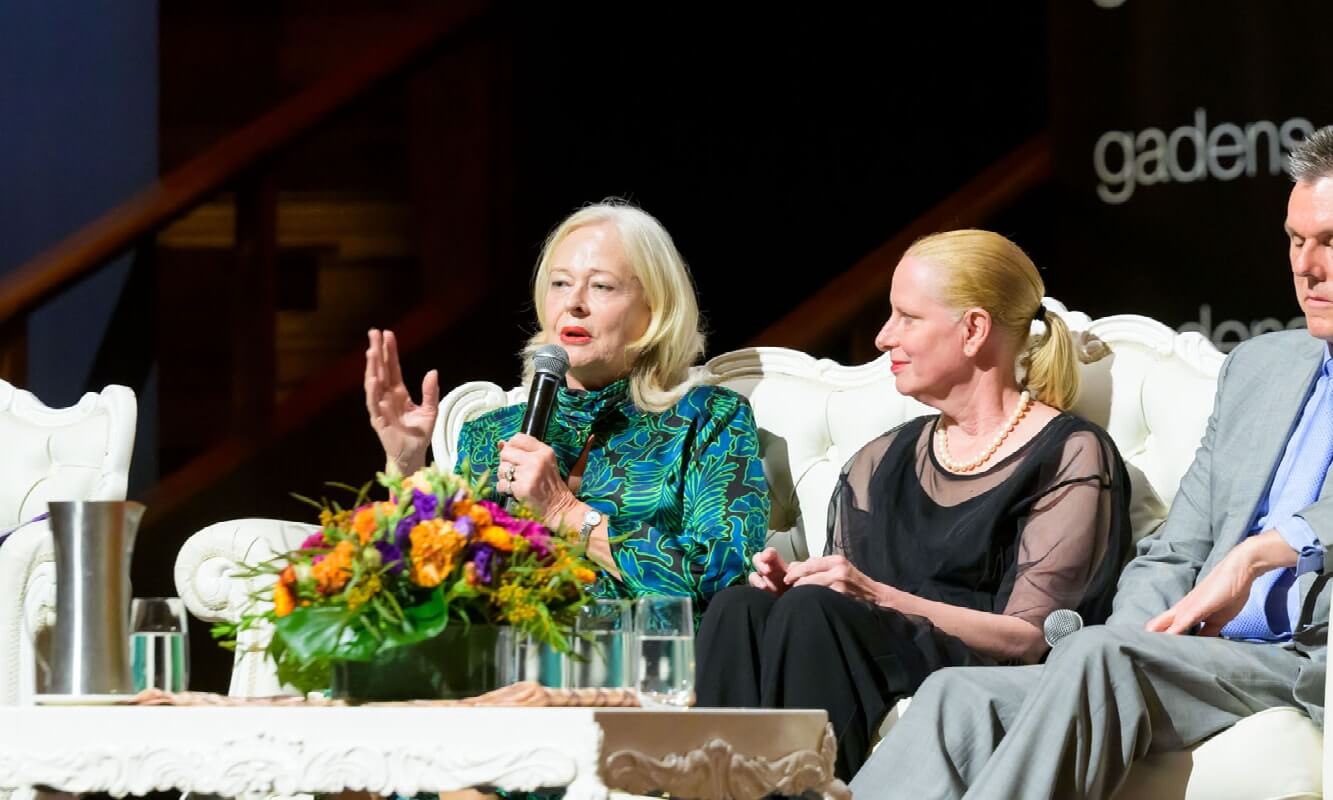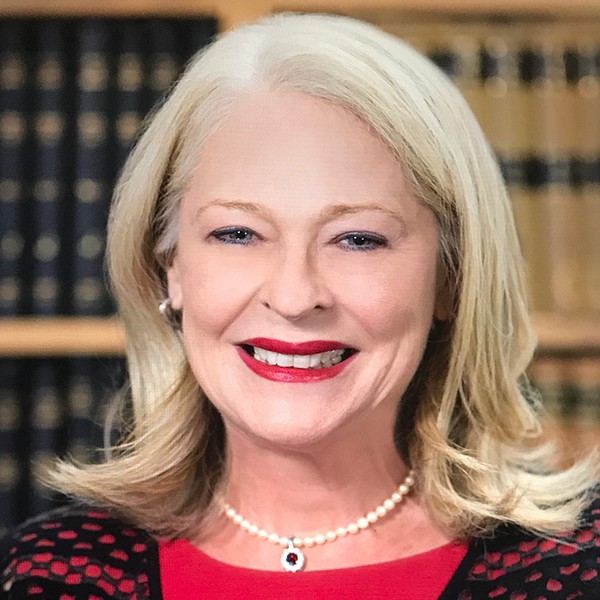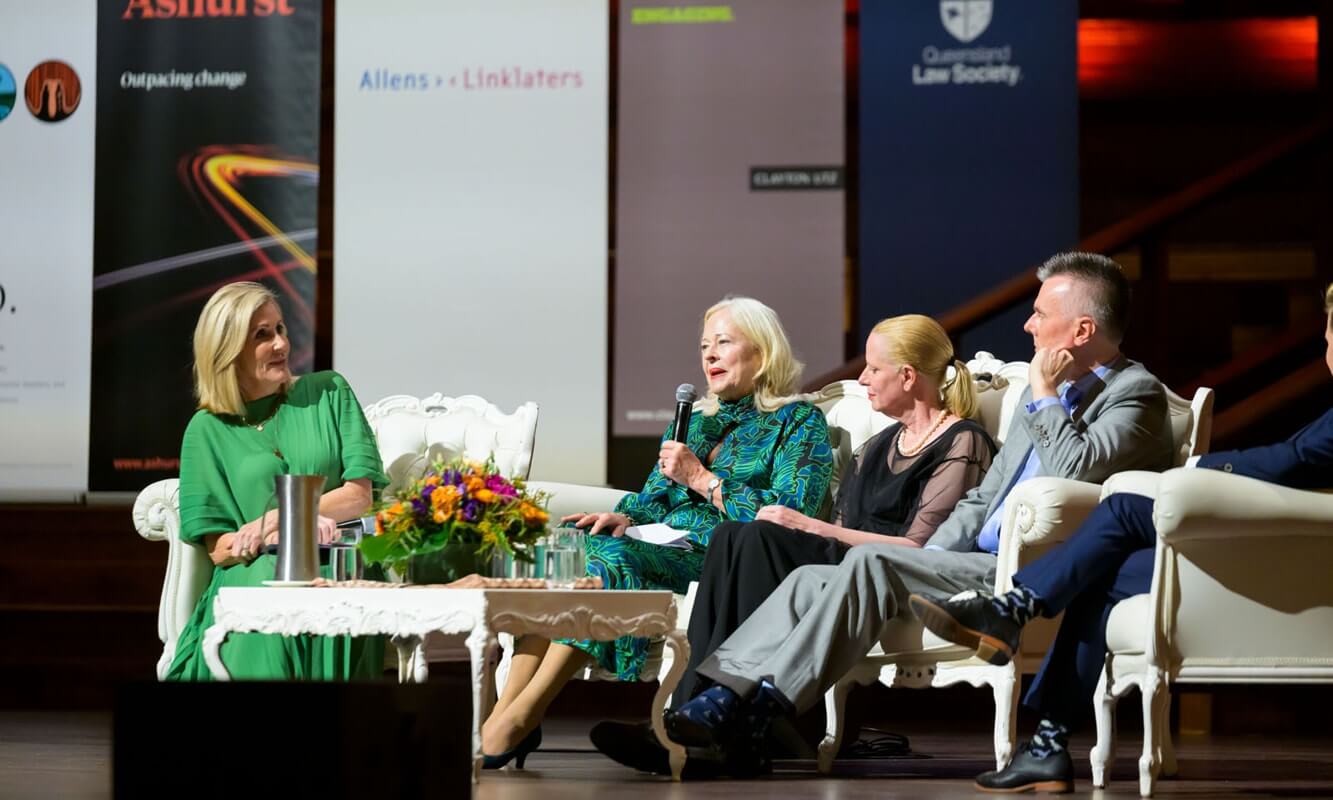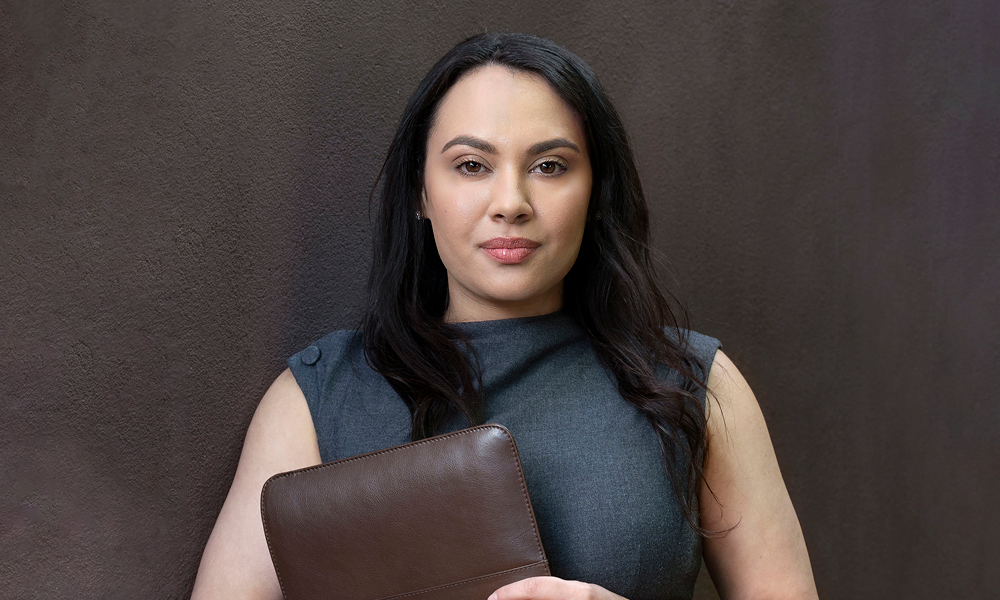Despite the increased engagement of women in public life in Australia, we remain significantly under-represented in high-level, decision-making positions.
So, the fact that a comparatively small number of women have been or are part of the judiciary in senior leadership positions should come as no great surprise.
That’s why this year’s United Nations (UN) International Day of Women Judges on Sunday 10 March is so significant as a global effort to address gender equality and gender-related judicial integrity.
In other words, to achieve justice, we need more women in justice.
The UN says women’s representation in the judiciary is key to ensuring that courts represent all their citizens, address their concerns and hand down sound and equitable judgments.
Besides ensuring the legal system and the law are developed with all of society in mind, greater gender equity in the judiciary will inspire the next generation of women judges, giving them continued motivation to achieve their goals.
Worldwide progress has been made over recent years but is it enough when 50 per cent of law students are women but far fewer ever see the inside of a courtroom?
Issues such as discrimination due to family responsibilities or gender as well as sexual harassment, have been identified by the Law Council of Australia as reasons why women leave the legal profession more broadly.
They also pose challenges for women in the judiciary and it’s much more than a numbers game, especially when you consider that women’s representation in law enforcement and judicial institutions has been linked to more effective, human-centred responses to crime.
In a democratic country that has the privilege of being governed by the rule of law, the presence of women judges enhances the legitimacy of the courts and sends a powerful signal that our courts are open and accessible to those who seek justice.
The entry of women judges into spaces from which they had historically been excluded has been a positive step in the direction of judiciaries being perceived as being more transparent, inclusive, and representative of the people whose lives they affect.
By marking the International Day of Women Judges, we celebrate the progress that has been made while raising awareness about the many challenges that still lie ahead.
An investment in the advancement of women judicial leaders will help ensure that justice is better served and that women and all members of our society are met with fairness and equality before the law.
As with most things in life, maybe a little inspiration is all some people need.
As I worked as a junior solicitor and legal academic, I took cues and inspiration from some amazing trailblazers, chief among them the Honourable Margaret McMurdo AC.
In 1991 Margaret was the first woman and the youngest person to be appointed to the District Court of Queensland, and from 1998 until her retirement from the bench she was President of the Queensland Court of Appeal – the first woman to be appointed to such a position in Australia.
She was also an inspiration to women lawyers around Australia as Patron of Women’s Legal Service Queensland for many years.
Through all that she does, Margaret is an incredible role model for us all and she has shown us that woman can succeed on their own terms in male-dominated professions.
Moreover, she brought to the bench humanity, compassion and empathy alongside courage and tenacity, and I say in 2024, the world needs more Margarets.
Indeed, the whole legal profession needs to work together to make sure that all arms of the law in Australia, and especially the judiciary, are environments where women can thrive and succeed.
On 25 May, Bond University Law Professor Field and Margaret McMurdo AC will dance as a team in the 2024 Dancing CEOs event in Brisbane to commemorate the 40th anniversary of the Women’s Legal Service Queensland.










Share this article